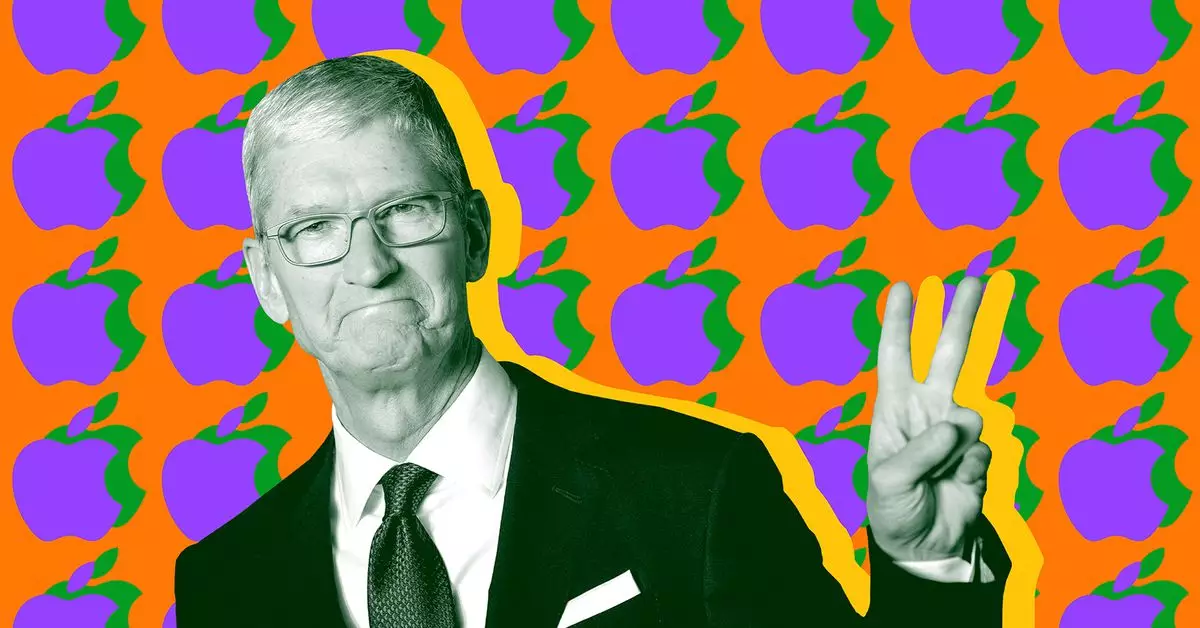In an age marked by the intertwining of technology and politics, the actions of influential tech executives often make headlines. A recent example is Apple CEO Tim Cook’s decision to contribute $1 million to President-elect Donald Trump’s inauguration committee. This move follows donations from other notable figures in the tech industry, such as OpenAI CEO Sam Altman and Amazon founder Jeff Bezos. The willingness of these leaders to financially support an incoming administration raises significant questions about the motivations driving these choices and the implications for both the tech industry and the larger political landscape.
Cook’s donation is particularly noteworthy as it comes in the backdrop of an increasingly competitive environment among technology giants vying for influence. The motivations behind these donations can be complex. While Cook’s alleged reasoning—wanting to celebrate the inauguration as a “great American tradition”—suggests a commitment to national unity, it also reflects a strategic decision to align with the new administration. Such alignment could open doors for Apple in terms of regulatory leniency or favorable policies, leveraging Cook’s established rapport with Trump. This relationship has been underscored by past interactions, such as Cook appearing at Trump Tower and their meetings at Mar-a-Lago, signaling a bond that others in the tech world may wish to replicate.
The pattern observed with high-profile donations suggests a game of favoritism within Silicon Valley, where executives seek to cultivate relationships that could benefit their companies. The stakes are particularly high in this era of heightened scrutiny over issues ranging from data privacy to antitrust regulations. By contributing to Trump’s inauguration, Cook and his counterparts may be navigating a landscape fraught with challenges, hoping to influence the direction of policies that affect their vast enterprises.
Elon Musk’s involvement at a December dinner with Bezos and Trump echoes this sentiment, indicating a collective strategy among super-executives to ingratiate themselves with the current political power structure. The implications extend beyond mere financial support; they speak to a deeper connection between political leadership and the corporate agenda, where decisions made in the political arena can directly impact business operations.
Impacts on the Industry
While Cook’s personal relationship with Trump may suggest a unique position within the tech elite, his donation might set a precedent for other executives to follow, creating a ripple effect across the industry. However, the controversial nature of political contributions can result in backlash, especially from consumers and advocacy groups which may view these actions as a form of corporate opportunism. As tech companies face increasing tensions around issues of trust and accountability, the scrutiny surrounding such donations could lead to greater calls for transparency in how these relationships are fostered.
Tim Cook’s donation to Trump’s inauguration committee exemplifies the complex relationship between the tech industry and political power. The motivations behind these contributions are multifaceted, ranging from aspirations for unity to strategic maneuvering for business advantages. As tech giants continue to navigate the intricate web of power and influence, it remains to be seen how these dynamics will evolve and what impact they will have on the broader socio-political landscape.

